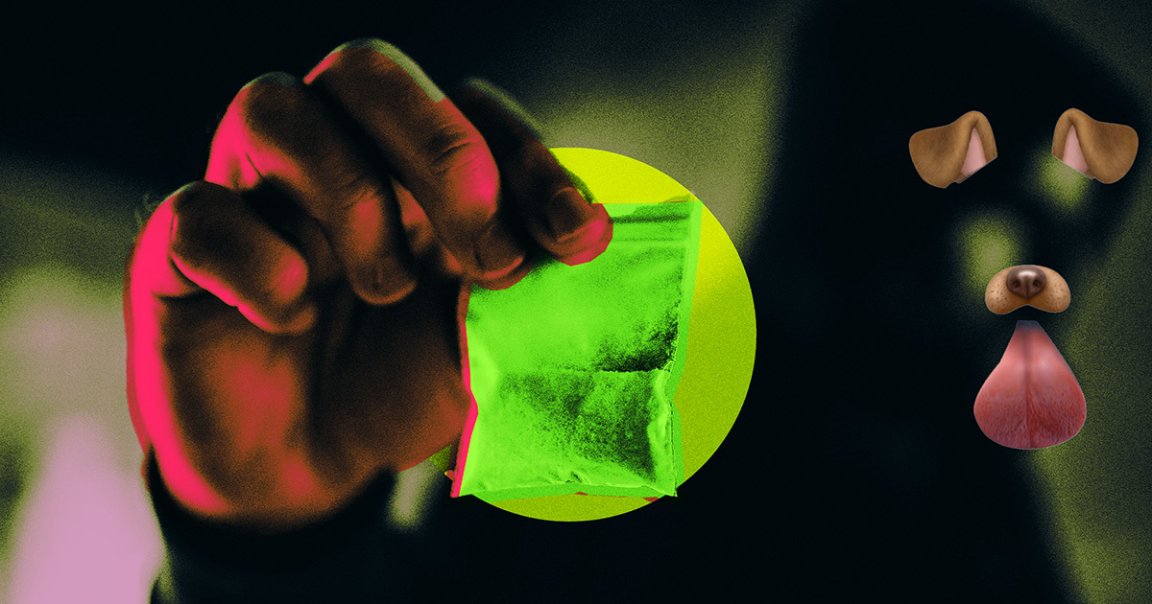
As the staff of Elon Musk’s Department of Government Efficiency (DOGE) makes headlines for moving fast and breaking things, a deeper look into their backgrounds reveals that one used to hawk a drug the billionaire has a history of using.
As the Washington Post reports, 36-year-old DOGE lackey Alexandra Beynon previously spent her days as head of engineering at the online ketamine therapy company Mindbloom before taking a new gig to meddle at the Department of Education.
Cofounded by the DOGE engineer’s husband, Dylan Beynon, in 2018, Mindbloom bills itself as offering “guided at-home ketamine therapy to transform your mental health,” which is telehealth speak for delivering the horse tranquilizer right to your front door.
To be fair, Beynon’s former employer seems to be among the safer telehealth sellers of ketamine and other psychedelic wares, contributing to multiple large-scale studies that found doctor-supervised use of the drugs to be safe and fast-acting as a treatment for depression and anxiety.
To that end, Mindbloom’s cofounder told the New York Times that the company denies about 35 percent of people seeking at-home ketamine treatment, generally due to documented issues with substance abuse, or in some cases hypertension.
Still, there’s ample room for abuse of the powerful dissociative. In 2023, a study commissioned by All Points North, a Colorado addiction treatment center, found that 55 percent of 2,000 respondents surveyed about at-home ketamine treatment for mental health reported that they’d accidentally or purposefully misused the drug.
Mindbloom wasn’t named in that study, but APN CEO Noah Nordheimer suggested that companies in the at-home psychedelic space “far too often take a backseat when it comes to the therapy aspect, often leaving patients to fend for themselves.”
Using ketamine or any other psychedelic for therapeutic purposes is, as any so-called “psychonaut” knows, a long-standing practice. While it’s great that for-profit endeavors like Mindbloom are contributing to the growing body of research about the safety and efficacy of these substances, the fact remains that these drugs are powerful and easily misused — including by Musk himself.
After years of rumors of his drug use and erratic behavior alarming insiders at his companies, Musk conceded last year that he did take ketamine in a bid to treat depression, opining that his companies were doing so well that “from an investor standpoint… I should keep taking it.”
“There are times when I have sort of a… negative chemical state in my brain, like depression I guess, or depression that’s not linked to any negative news, and ketamine is helpful for getting one out of the negative frame of mind,” Musk said, adding that was prescribed by an “actual, real doctor” and that he used a “small amount once every other week or something like that.”
Musk added that he’s “almost always” sober when he posts — a contention we’re not entirely sure we believe.
There’s also an issue with a government employee selling ketamine, even if it’s for therapeutic purposes: the stuff isn’t approved by the Food and Drug Administration for mental health purposes, which puts companies like Mindbloom on very shaky ground with regards to federal law.
Before Donald Trump took back the White House, federal workers used to have to take drug tests and pass exhaustive background checks to get even minimal levels of security clearance — checks that barred cannabis use, much less the grey-legal sale of Schedule III drugs like “Special K.”
Apparently, that sort of thing doesn’t matter in Musk’s brave new world — though drug peddling isn’t exactly new for the Trump White House.
More on government drug plugs: Trump Said We Should Kill Drug Dealers. Then He Appointed One as Health Secretary